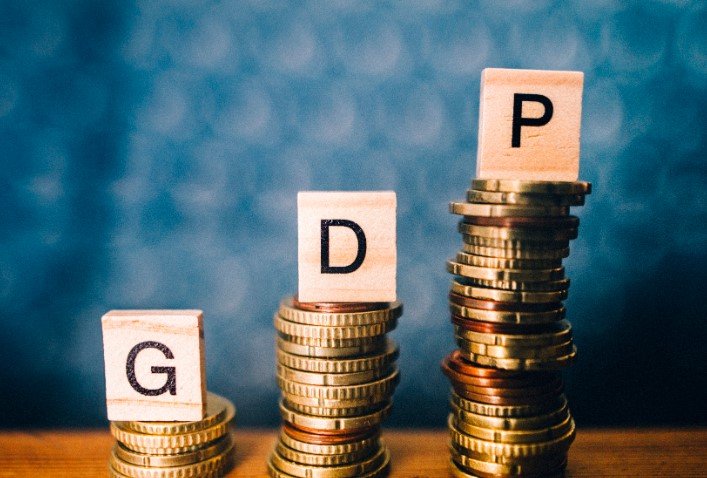Georgia’s economy experienced a significant boost in July 2024, with real GDP increasing by 13.0% compared to the same period last year. This impressive growth follows a 7.5% rise in June and contributes to an overall 9.7% growth for the first seven months of the year. The surge in economic activity was driven by key sectors such as construction, manufacturing, information and communications, professional and scientific activities, and trade. However, the energy sector saw a decline during this period.
Key Drivers of Economic Growth
The construction sector played a pivotal role in Georgia’s economic growth in July 2024. Major infrastructure projects and increased investment in residential and commercial buildings contributed to the sector’s robust performance. The government’s focus on improving the country’s infrastructure has attracted both domestic and foreign investments, further fueling growth.
Manufacturing also saw significant gains, with increased production in various industries. The rise in manufacturing output can be attributed to higher demand for Georgian products both locally and internationally. This sector’s growth is a testament to the country’s efforts to diversify its economy and reduce reliance on traditional industries.

Information and communications technology (ICT) emerged as another key driver of growth. The expansion of digital services and the adoption of new technologies have boosted productivity and efficiency across various sectors. The ICT sector’s growth reflects Georgia’s commitment to becoming a regional hub for technology and innovation.
Challenges and Opportunities
Despite the overall positive economic performance, the energy sector faced challenges in July 2024. A decline in energy production and consumption impacted the sector’s contribution to GDP. This decrease highlights the need for Georgia to explore alternative energy sources and improve energy efficiency to ensure sustainable growth.
The professional and scientific activities sector also contributed to the economic expansion. Increased investment in research and development, along with a growing number of startups, has driven innovation and economic diversification. This sector’s growth underscores the importance of fostering a knowledge-based economy to sustain long-term development.
Trade remained a vital component of Georgia’s economic growth. The country’s strategic location and favorable trade policies have facilitated increased exports and imports. Strengthening trade relations with neighboring countries and exploring new markets will be crucial for maintaining this momentum.
Future Outlook
Looking ahead, Georgia’s economic outlook remains positive, with continued growth expected in key sectors. The government’s commitment to infrastructure development, technological advancement, and economic diversification will play a crucial role in sustaining this growth. However, addressing challenges in the energy sector and ensuring environmental sustainability will be essential for long-term success.
The construction sector is likely to remain a significant contributor to GDP growth, driven by ongoing and planned infrastructure projects. The manufacturing sector is expected to benefit from increased demand for Georgian products and continued efforts to enhance production capabilities. The ICT sector will continue to thrive as the country embraces digital transformation and innovation.
Georgia’s impressive GDP growth in July 2024 reflects the country’s resilience and potential for sustained economic development. By leveraging its strengths and addressing challenges, Georgia can continue to build a prosperous and inclusive economy for the future.
